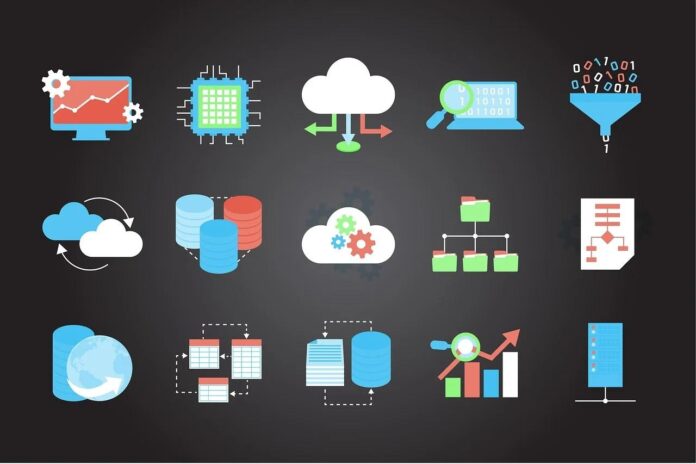Web unblocker are the advanced alternatives to proxy servers and VPNs. These valuable tools for unlocking websites have browser fingerprinting, automatic retry mechanisms, JavaScript rendering, and automated proxy management. Users can leverage the features to access extra data from dynamic websites with anti-bot defenses.
The advanced website unlocker features enable them to handle complicated web environments efficiently. The following article explores popular types, benefits, and usage specifications of website unblockers.
Where to Get The Best Web Unblocker Online
The World Wide Web is a rich resource for everything website unblockers. The NetNut website unblocker is a robust source for servers to unlock censored and geo-blocked websites. It has personalized user-agent management, automatic rotation, CAPTCHA handling, and real-time adjustments. Use this unblocker to extract data from complex sources and conduct market research.
Other reliable sources for web unblocker are browser extensions, VPN providers, and comparison websites. Use trusted and user-friendly top browser extensions for accessing blocked websites. Also, you can get the best web unlockers on leading proxy servers.
1. Proxy Servers
Proxy servers are robust solutions for handling proxy servers. HTTP proxies handle HTTP requests and are ideal for accessing web content through web browsers. They are suitable for bypassing web filters, scraping, and accessing region-restricted content. SOCK proxies operate lower than HTTP proxies and support multiple internet protocols such as FTP, HTTP, and HTTPS. These proxy servers are more versatile and handle non-web traffic, including torrenting and email.
Transparent proxies interdict web traffic without changing it, which makes it more transparent to the users. The primary uses of transparent proxies include enforcing web filters in public networks and organizations. They act as intermediaries between the internet and the device and enable you to bypass restrictions by internet service providers, network administrators, and the government.
Proxies maintain a certain level of anonymity and mask your IP location and address. They allow access to content blocked following geo-location guidelines. Go to your browser proxy or device network settings. Enter the port number or IP address of the preferred proxy server. Some proxy servers require entering additional authentication credentials. Save the selected settings and browse anonymously.
2. Virtual Private Networks
VPNs are possibly the oldest tools for connecting to private networks from remote locations. They are common among online workers and employees in the corporate world. Virtual private networks enable access to intranet websites, locked files and apps, and geo-censored websites. Several types of virtual private networks exist, including site-to-site and SSL VPNs.
Site-to-site VPNs secure connections between several geographically dispersed networks, including data centers and branch offices. They provide secure data exchange and communication between interconnected networks. SSL VPNs run on the TLS/SSL protocol, providing secure remote access to intranet websites and other online resources.
VPNs encrypt your internet connection and secure your data while enabling you to access blocked websites and content. These secure networks mask your actual location, replacing it with the IP address of another, more reliable location. Use VPNs to bypass geo-censorships and access blocked streaming services and online content. Look for a trusted VPN provider, download their VPN, and install it per the developer’s instructions.
Choose a location server from the list of available options. The server has to be from the target country where the website or content is. Connect to the VPN and start web scraping, browsing, or collecting market intelligence.
3. Smart DNS Services
Smart DNS Services route your device’s DNS queries through servers in certain regions with fixed IP addresses. Configure your devices to utilize smart DNS service servers to access blocked and geo-censored content. Smart DNS services come in many unique options, including dynamic smart DNS. These services assign IP addresses dynamically to your DNS queries, depending on the content you access. They are efficient and flexible in bypassing geo-blocks.
Static IP smart DNS services require manual configuration of the DNS settings. Static and dynamic Smart DNS services serve important Ros in tricking streaming services and websites into believing you are browsing from the location of the IP address. The best thing about smart DNS services is that they offer faster speeds.
Set your smart DNS services by heading to the device network settings. Locate the DNS settings section and enter the DNS server addresses manually. Save the changes to activate the smart DNS services. Log into your Smart DNS service provider’s website and activate the account. Configure extra preferences and settings offered by the service. Confirm if the connection links to a Smart DNS service by browsing the geo-restricted service or website.
Wrapping Up
In the era of online businesses and digital marketing, website unblockers have become an indispensable tool. They enable access to various resources and sites censored by governments, organizations, and network administrators. They come in many unique configurations and features to suit every need. Proxy servers are some of the most famous tools for enabling the unblocking of websites. Also, you can use competent DNS and virtual private networks.















